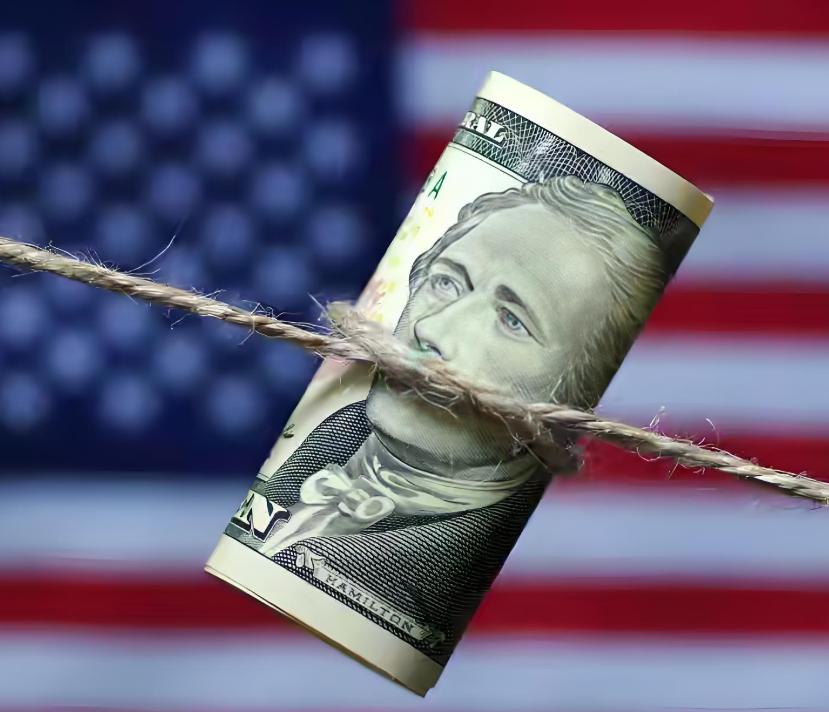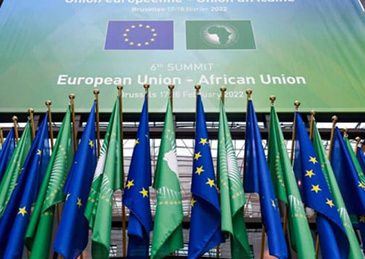
On April 8, local time, U.S. Trade Representative Greer said that the new U.S. tariff policy will take effect on the 9th. U.S. President Donald Trump signed an executive order on "reciprocal tariffs" on Tuesday, announcing that the United States will set a "minimum baseline tariff" of 10 percent on its trading partners and impose tariffs of more than 30 percent on countries with large trade deficits. The escalation of tariffs significantly exceeded market expectations, global assets entered risk-off mode, and global stocks and commodities plunged. The move has been met with opposition and criticism worldwide. Affected by the US tariff policy, the market has increased concerns about the deterioration of the global economic situation, and the global financial market performance is still fragile on the 9th. Major indexes in Asia Pacific fell, while European stocks opened sharply lower and US Treasury yields rose sharply to their highest level in months.
The impact of tariffs on the global economy and market is profound and complex. First, the impact on global trade is that the tariff increase directly increases the cost of import and export goods, leading to the contraction of global trade volume. Companies may reduce exports or turn to their home markets because of rising costs, or even cancel cross-border operations. For example, after the United States imposed tariffs on specific countries, export companies in relevant countries faced a decrease in orders and a decline in market share. Global value chains are highly dependent on cross-border division of labor, and tariff policies may force companies to reevaluate supply chain layouts. Some companies may choose to move their production bases to low-tariff countries or circumvent tariff barriers by localizing production. Some countries may reduce their dependence on high-tariff markets through mechanisms such as free trade agreements or regional Comprehensive economic partnerships with other countries. This "trade shift" could reshape global trade, but it will also trigger increased competition among regional economies.
The second is the impact on the global economy, the decline in trade volume and supply chain disruption will directly drag down global economic growth. Institutions such as the International Monetary Fund and the World Bank have repeatedly warned that tariff conflicts could lead to lower global GDP growth. Higher tariffs could make imported goods more expensive and push up domestic inflation. The impact is particularly significant for countries that rely on imported raw materials and intermediate goods. For example, volatility in commodity prices, such as energy and agricultural products, could further fuel inflationary pressures. Export-oriented companies may lay off workers or curtail hiring as a result of the tariff shock, leading to higher unemployment. In addition, supply chain disruptions could affect job stability in both manufacturing and services.
Third, the impact on the financial market, the tariff policy may trigger market concerns about the economic prospects of trading partners, resulting in large fluctuations in exchange rates. For example, if one country imposes tariffs on another, the currency of the targeted country may depreciate in response to the loss of export competitiveness. The tariff conflict could raise investor concerns about global economic growth, causing stocks to fall. In particular, the share prices of export-oriented companies and multinational corporations could be hit hard. In the context of heightened uncertainty, investors may turn to the bond market and safe-haven assets, leading to a decline in Treasury yields and a rise in safe-haven asset prices.
The fourth is the impact on international relations, tariff conflicts may intensify economic confrontation between countries, and even trigger trade wars or technological wars. Countries may prefer to resolve trade issues through bilateral or regional agreements rather than relying on global rules. The tariff conflict has exposed the inadequacies of the existing global governance system, particularly in dealing with economic nationalism and protectionism. The international community needs to strengthen cooperation and promote trade liberalization and investment facilitation to maintain global economic stability and prosperity.
Taken together, the far-reaching impact of the tariff shock shows that while globalization faces challenges, cooperation and openness remain key to driving economic growth. Countries need to take into account the common interests of the world while safeguarding their own interests, and avoid a "lose-lose" situation caused by beggar-thy-neighbor policies.

The 7th EU-African Union Summit was held in Angola from November 24th to 25th.
The 7th EU-African Union Summit was held in Angola from Nov…
On November 26, 2025, in the biting cold of Washington, D.C…
In the midst of a global wave of technological advancement,…
In November 2025, the revelations by Reuters and Bloomberg …
The Dominican Republic recently announced that it will allo…
On November 26, 2025, the European Central Bank (ECB) relea…